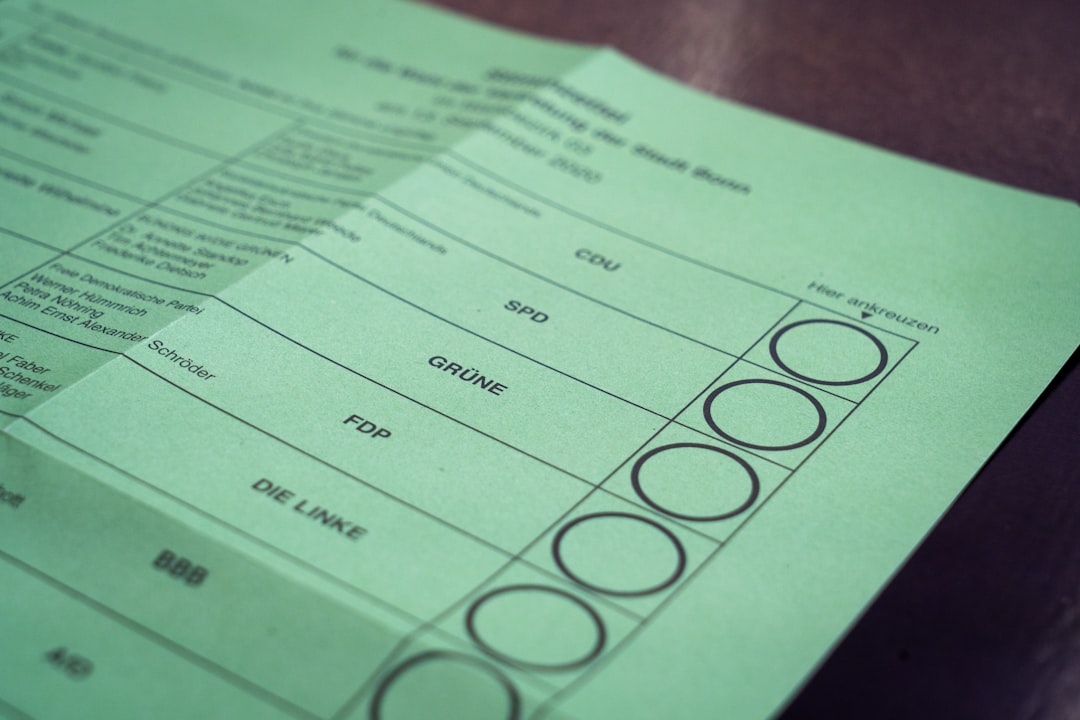Universal income, new friends, new elections
Dear Reader,
A warm welcome to this week’s news roundup. As a reminder, subscribers to my free list receive a piece of analysis on Wednesday mornings plus the weekly roundup. If you would like to receive all my newsletters (5x times a week), please sign up for membership. It costs €5/month or €50/year. You can try it for free for a month and cancel if it’s not your thing.
Regards,
Jörg Luyken
The week started with Olaf Scholz taking a much less controversial trip to Asia than the one he embarked upon at the start of the month. After his blitz visit to Beijing to meet Xi Jinping at the beginning of November, Scholz travelled back across the globe this week (avoiding Russian airspace) to meet the leaders of Vietnam, Singapore and Indonesia.
The trip to Vietnam was probably the most significant given that Scholz has made it his mission to break key dependencies on China. For example, Germany is hopelessly reliant on China for the import of rare earth metals, which are crucial in the construction of wind turbines. Vietnam has the world’s second largest reserves though…
The big domestic story of the week was the Bundesrat’s failure to pass the government’s marquee welfare reform - the Bürgergeld. CDU representatives in Germany’s upper house either voted against or abstained, leaving the plan to bring the new benefit system in by January hanging by a thread.
The CDU’s reason for rejecting the Bürgergeld (citizen’s money) is an interesting one. They point to a clause that would allow people to keep €60,000 in savings as evidence that what the government is actually planning is the beginnings of a universal basic income.
In Wednesday’s free newsletter I looked at an informal collaboration between the CDU and the far-right AfD in the state of Thuringia. Critics say the CDU are “making the fascists presentable in polite society.” A closer look at a conundrum for the conservative party.
While much of Europe has returned to normality after two years of painful shutdowns, Germany is still hanging on to some of the last Covid rules. That is thanks to its very cautious Health Minister, Karl Lauterbach, who insists that the coronavirus is still a serious public health threat. But some of the federal states are now rebelling against Lauterbach. Four have ended mandatory quarantines, while one also wants to end mask mandates on public transport.

Finally, Berlin’s top court this week made a ruling that everyone had been waiting anxiously for. It decided that the election for Berlin’s city hall would have to be rerun in its entirety, citing “grave errors” in the management of last year’s vote.
News of political chaos from the capital has become so commonplace that one Munich newspaper commented simply: “That’s Berlin.”
The icing on the cake is that no politician has yet had to resign over the affair. Will Berliners finally decide that they’re over their turbulent love affair with the Social Democrats? I took a closer look on Friday.



